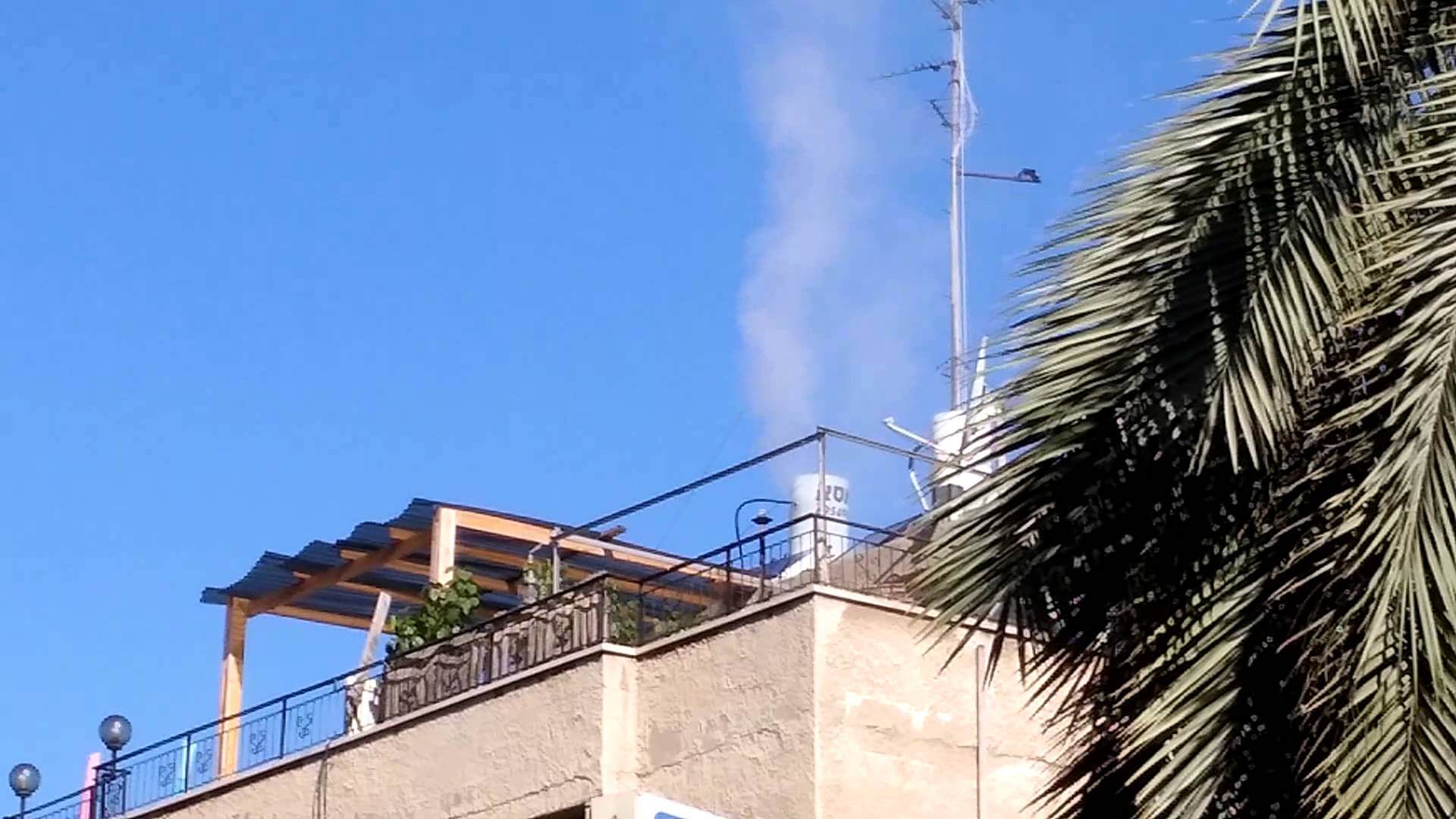[fusion_builder_container background_color=”” background_image=”” background_parallax=”none” enable_mobile=”no” parallax_speed=”0.3″ background_repeat=”no-repeat” background_position=”left top” video_url=”” video_aspect_ratio=”16:9″ video_webm=”” video_mp4=”” video_ogv=”” video_preview_image=”” overlay_color=”” overlay_opacity=”0.5″ video_mute=”yes” video_loop=”yes” fade=”no” border_size=”0px” border_color=”” border_style=”” padding_top=”20″ padding_bottom=”20″ padding_left=”” padding_right=”” hundred_percent=”no” equal_height_columns=”no” hide_on_mobile=”no” menu_anchor=”” class=”” id=””][fusion_builder_row][fusion_builder_column type=”1_1″ background_position=”left top” background_color=”” border_size=”” border_color=”” border_style=”solid” spacing=”yes” background_image=”” background_repeat=”no-repeat” padding=”” margin_top=”0px” margin_bottom=”0px” class=”” id=”” animation_type=”” animation_speed=”0.3″ animation_direction=”left” hide_on_mobile=”no” center_content=”no” min_height=”none”][fusion_text]
- A shared building has a leak in the roof, seeping water into the top floor apartments. The tennants ask the Va’ad Bayit to fix it, but get an answer: ” we’re out of miney for such a fix, you may do it yourself if you want.”
- A tenant in the building wants to put a new satelite dish on the roof, but has no access to the roof, and gets no cooperation from the top floor owner.
- The top floor neighbor want to build on his roof, but the neighbors tell him that the roof isn’t his to build on. who’s right?
 [/fusion_text][fusion_separator style_type=”single solid” top_margin=”” bottom_margin=”20px” sep_color=”” border_size=”” icon=”” icon_circle=”” icon_circle_color=”” width=”” alignment=”center” class=”” id=””/][fusion_text]Roofs are a common cause for disagreement and strife in shared buildings. In this post I’ll try to describe rights and liabilities regarding roofs and shared property.
[/fusion_text][fusion_separator style_type=”single solid” top_margin=”” bottom_margin=”20px” sep_color=”” border_size=”” icon=”” icon_circle=”” icon_circle_color=”” width=”” alignment=”center” class=”” id=””/][fusion_text]Roofs are a common cause for disagreement and strife in shared buildings. In this post I’ll try to describe rights and liabilities regarding roofs and shared property.
A shared building has three types of properties: private, shared and assigned.
- Private Property is simple -apartments are private.
- Shared Property is property that belongs to everyone, and cant be divided such as the staircase, elevator or lobby.
- Assigned property is the interesting part – it’s a shared property assigned to the use of one of the apartments. Usually MACHSANIM (basement storage units) and parking spaces are assigned, and sometimes roofs and gardens are as well.
How can I tell what is what?
The default state of all shared property is to be shared and not assigned. This is especially true for roofs and gardens which are usually shared property. The way to tell is to look at the Neshach Tabu (found here), and there you will see a description of public property which is assigned. Often you will be referred to the TASRIT – a plan of the building that describes the different properties.
Example
In this example the apartment has also two Mirpasot (balconies) assigned to it.
Is the Nesach Tabu the only relevant document?
NO! Another crucial document is the Takanon Bait Meshutaf (roughly translated as common building bylaws) it describes the rights of the property owners, running the Vaad bait and many other related issues. When a specific Takanon isn’t determines there is a government default.
Let’s assume the roof is unassigned, what does that mean?
Fixing leaks:
the whole building (as represented by the Vaad Bait) is responsible, and they must fix any problem in shared property that may damage an apartment or reduce it’s value.
Placing Dudei Shemesh (sun heated boilers):
In most cases this is allowed, however the Takanon can specify differently.
Side note – In Yemin Moshe no sun boilers are permitted , in order to preserve the beauty of the neighborhood.
Placing satellite dishes:
Depends on the Takanon. If some dishes are already there, there is no reason you won’t be allowed to add you own.
Expropriating it for private use:
This is not permitted, but one should tread carefully, sometimes this has been the case for generations, and in this case you should consult a lawyer.
Let’s assume the roof is assigned, what does that mean?
Building on the roof:
By default, having a roof assigned, does not mean owning the building rights, unless specified explicitly in the bylaws.
Those should be bought from all the other neighbors.
Fixing leaks:
Owners responsibility.
Placing Dudei Shemesh (sun heated boilers):
Only the owner may place theirs.
Expropriating it for private use:
This is the whole purpose of assigning a roof.
Blocking access to another shared roof:
If this is the only access, the owner must allow it.[/fusion_text][/fusion_builder_column][/fusion_builder_row][/fusion_builder_container]
